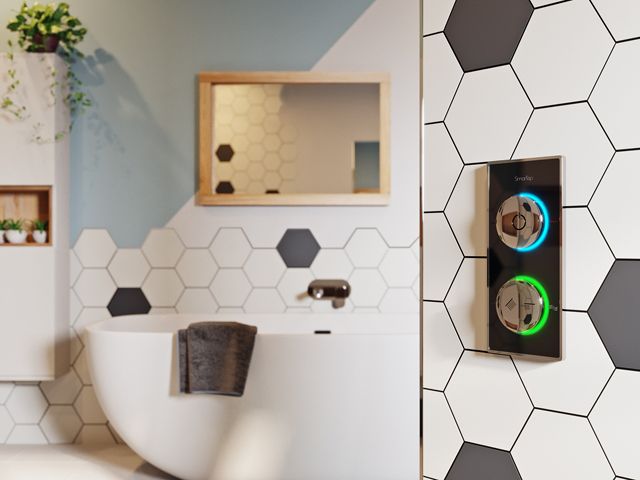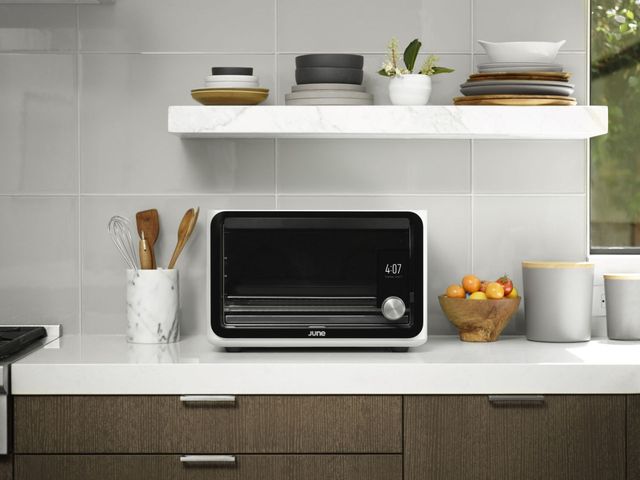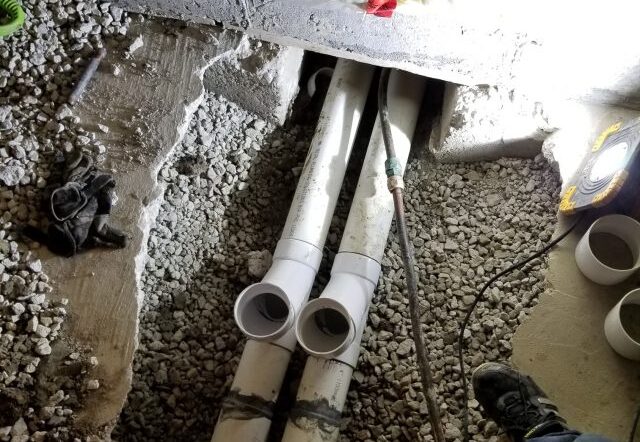AI in Smart Home Technology

In recent years, the intersection of artificial intelligence (AI) and smart home technology has given rise to innovations that were once the stuff of science fiction. These advancements are revolutionizing how we interact with our living spaces, making homes not just places to live but intelligent environments that can learn, adapt, and respond to our needs. As AI continues to evolve, its role in smart home technology is becoming increasingly significant, transforming our homes into more efficient, secure, and personalized spaces.
The Evolution of Smart Homes
Smart home technology has been around for decades, with early systems focusing primarily on convenience and automation. Simple tasks like controlling lights, adjusting thermostats, and managing security systems remotely were the initial offerings. However, these systems were often cumbersome and required significant user input to function correctly.
The advent of AI has changed the landscape dramatically. AI-driven smart home devices can now learn from user behavior, predict needs, and make decisions autonomously. This shift from manual control to intelligent automation marks a significant milestone in the evolution of smart homes.
AI-Powered Personal Assistants
One of the most prominent examples of AI in smart home technology is the rise of AI-powered personal assistants like Amazon’s Alexa, Google Assistant, and Apple’s Siri. These voice-activated assistants have become central hubs for managing various smart home devices. They can perform a wide range of tasks, from setting reminders and playing music to controlling lighting and thermostats.
The power of these AI assistants lies in their ability to understand natural language and learn from interactions. They continuously improve their responses based on user preferences and patterns. For instance, if you frequently ask your assistant to play jazz music in the evening, it will start to recognize this pattern and may even suggest new jazz playlists at the appropriate time. This level of personalization enhances the user experience and makes daily tasks more seamless.
Energy Efficiency and Environmental Impact
AI’s role in smart home technology extends beyond convenience to address critical issues like energy efficiency and environmental sustainability. Smart thermostats, such as Google’s Nest, use AI algorithms to learn about your schedule and temperature preferences. Over time, they optimize heating and cooling cycles to reduce energy consumption without compromising comfort.
These AI-driven systems can also integrate with renewable energy sources. For instance, they can schedule high-energy tasks, like running the dishwasher or charging electric vehicles, during periods when solar or wind energy is abundant. This not only reduces the carbon footprint of a household but also helps manage energy costs more effectively.
Home Security and Safety
Security is another area where AI is making significant strides in smart home technology. Traditional home security systems rely on sensors and alarms that require manual monitoring. In contrast, AI-powered security systems leverage machine learning and computer vision to enhance security measures.
Modern security cameras equipped with AI can distinguish between different types of motion, such as a person walking up to the door versus a tree branch swaying in the wind. They can also recognize familiar faces, alerting homeowners only when an unfamiliar person is detected. This reduces false alarms and ensures that homeowners are promptly notified of potential threats.
Furthermore, AI-driven systems can analyze patterns of behavior to detect anomalies. For example, if a security system notices that a door typically locked at night is left open, it can send an alert. These predictive capabilities add an extra layer of security and peace of mind for homeowners.
Health and Wellness Monitoring
AI’s integration into smart home technology is also revolutionizing health and wellness monitoring. With the increasing availability of smart health devices, such as fitness trackers and smart scales, AI can provide valuable insights into a person’s health and lifestyle.
For example, AI can analyze data from a variety of sources to monitor vital signs, sleep patterns, and activity levels. This information can then be used to provide personalized health recommendations, such as suggesting more physical activity if a person has been sedentary or recommending better sleep hygiene practices.
In more advanced applications, AI can even help manage chronic conditions. For instance, AI-powered systems can remind individuals to take their medication, track their symptoms, and alert healthcare providers if there are concerning changes. This level of integration can significantly improve the quality of life for individuals with chronic health issues and reduce the burden on healthcare systems.
The Future of AI in Smart Homes
As AI technology continues to advance, the potential applications in smart homes are virtually limitless. We can expect even greater levels of personalization, efficiency, and integration in the coming years.
One promising area is the development of AI-driven smart home ecosystems that can communicate and collaborate with each other. For example, a smart refrigerator could communicate with a smart oven to suggest recipes based on the ingredients available and then set the oven to the correct temperature and cooking time. This kind of seamless integration could make daily tasks more convenient and enjoyable.
Another exciting development is the use of AI in predictive maintenance. Smart home systems can monitor the condition of appliances and infrastructure, predicting when maintenance is needed before a breakdown occurs. This proactive approach can save homeowners time and money and extend the lifespan of their home appliances. Feel free to visit Smart Home Singapore to find additional tips and information about the role of AI in smart home technology.

Challenges and Considerations
While the benefits of AI in smart home technology are substantial, there are also challenges and considerations that need to be addressed. Privacy and security are paramount concerns. With more devices connected to the internet and collecting personal data, the risk of cyberattacks and data breaches increases. It is crucial for manufacturers to implement robust security measures and for users to be vigilant about safeguarding their information.
Another consideration is the potential for technology dependency. As homes become more intelligent, there is a risk that people may become overly reliant on AI systems, potentially leading to a loss of basic skills and self-sufficiency. It is important to strike a balance between leveraging technology for convenience and maintaining personal capabilities.
Conclusion
The role of AI in smart home technology is transformative, offering unprecedented levels of convenience, efficiency, and personalization. From AI-powered personal assistants and energy-efficient systems to advanced security measures and health monitoring, AI is reshaping our living environments in profound ways. As technology continues to evolve, the integration of AI into our homes will undoubtedly bring even more innovative solutions, making our lives easier, safer, and more connected. However, it is essential to navigate these advancements with careful consideration of privacy, security, and the potential for overreliance on technology.




